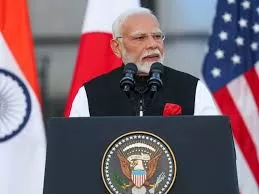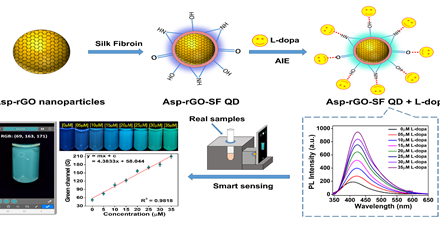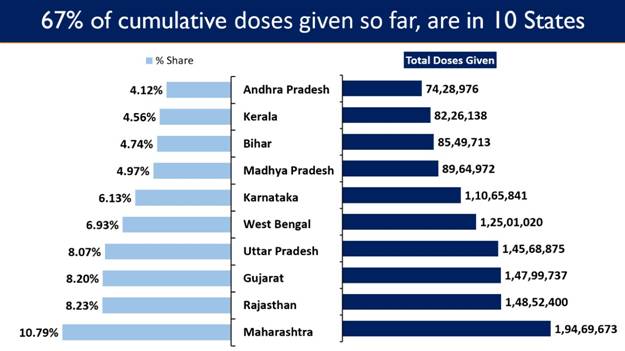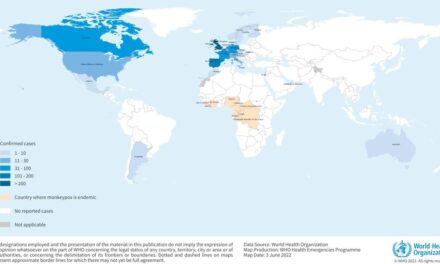Wilmington, Delaware – In a significant step towards global health collaboration, Prime Minister Narendra Modi announced India’s commitment of $7.5 million to the ‘Quad Cancer Moonshot’ initiative, aimed at combating cervical cancer in the Indo-Pacific region. This announcement was made during the sixth Quad Leaders’ Summit held in Wilmington, Delaware, highlighting India’s dedication to the vision of ‘One Earth, One Health.’
During the Cancer Moonshot event, Prime Minister Modi emphasized the importance of collaborative efforts in tackling the challenges posed by cervical cancer. “I am glad that in Quad, we have decided to jointly face this challenge,” he stated, expressing his gratitude to U.S. President Joe Biden for hosting the event, which underscores a mutual commitment to ensuring affordable and quality healthcare.
The ‘Quad Cancer Moonshot’ initiative seeks to save lives through improved access to healthcare services and innovative solutions. Prime Minister Modi stressed that an integrated approach—encompassing prevention, screening, diagnosis, and treatment—is essential to reducing the cancer burden.
India has already made significant strides in cervical cancer prevention, running a highly effective screening program on a mass scale. The Prime Minister noted that India is home to the world’s largest health insurance scheme, which ensures access to essential medications at affordable prices. He also highlighted India’s development of its own cervical cancer vaccine and the introduction of new treatment protocols enhanced by artificial intelligence.
Furthermore, Prime Minister Modi revealed that India will provide 40 million vaccine doses to Indo-Pacific countries under the GAVI and QUAD initiatives. “These doses will bring rays of hope to the lives of crores of people,” he said, reiterating the Quad’s commitment to the well-being of its nations’ citizens.
As the Quad nations unite to tackle pressing health challenges, Prime Minister Modi’s announcement marks a pivotal moment in the fight against cervical cancer, demonstrating the collective strength and human-centric approach of the partnership.












